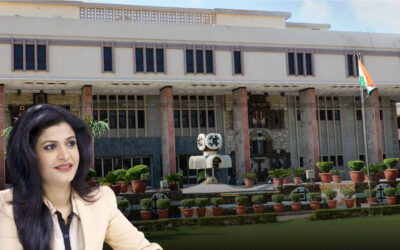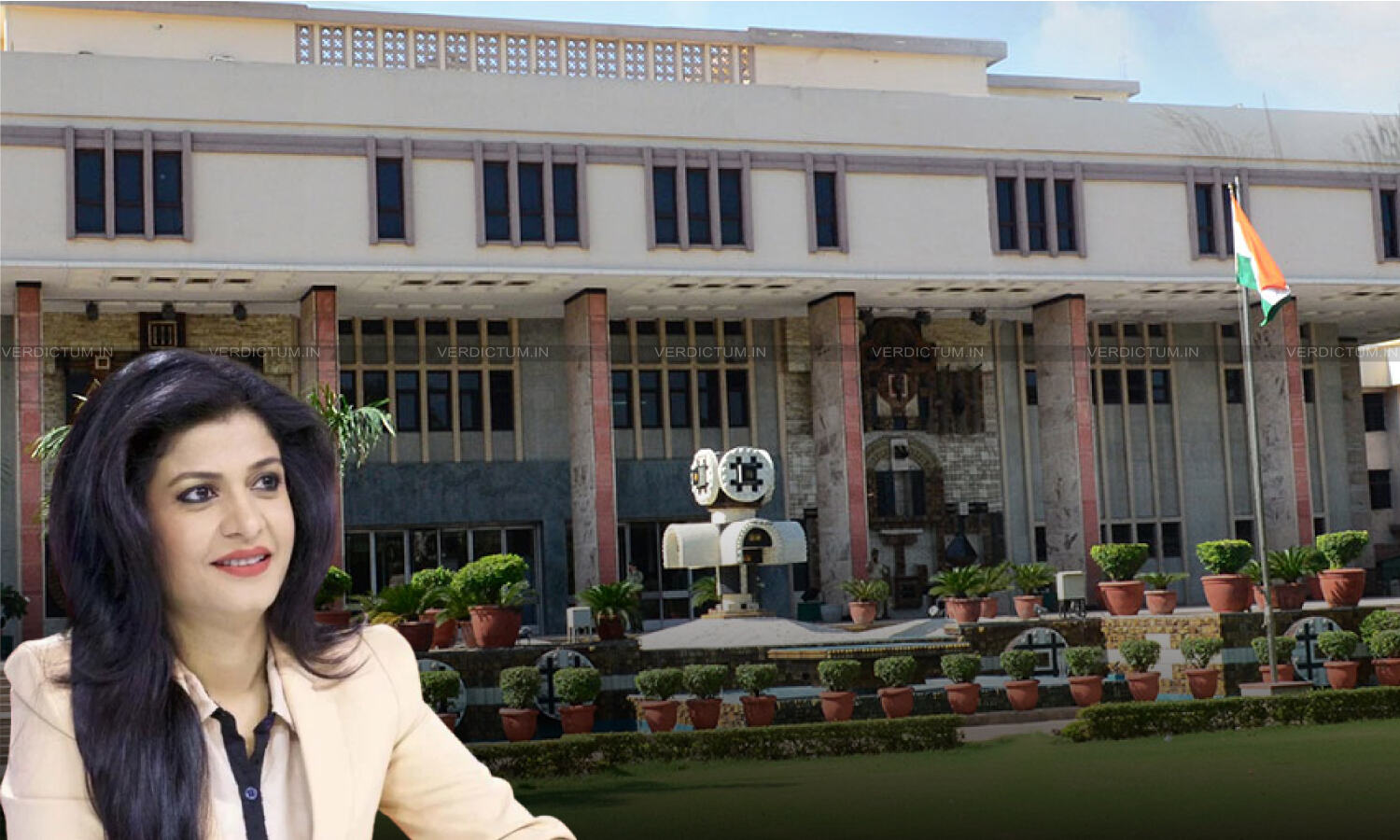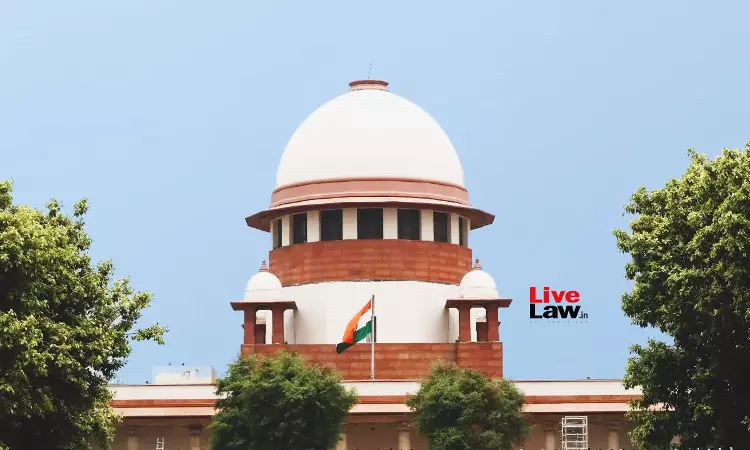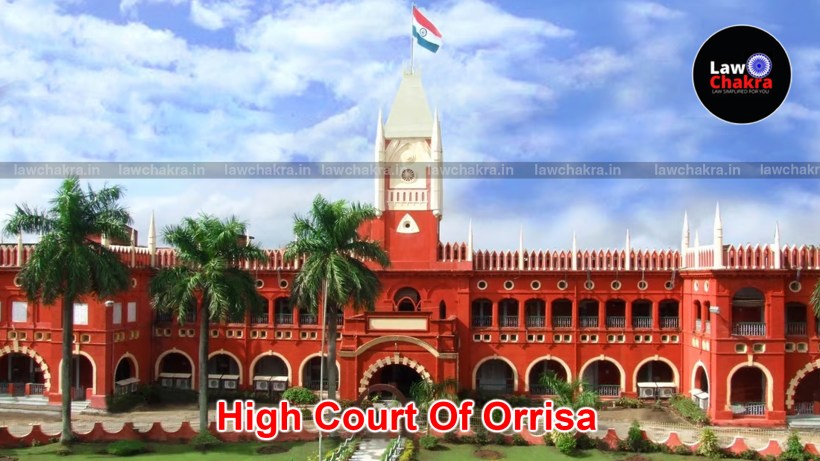Karnataka HC Strikes Down Amendment Imposing Tax On ‘Minimum Tariff’ In Electricity Charges, Says It Amounts To Taxing Units Not Yet Sold
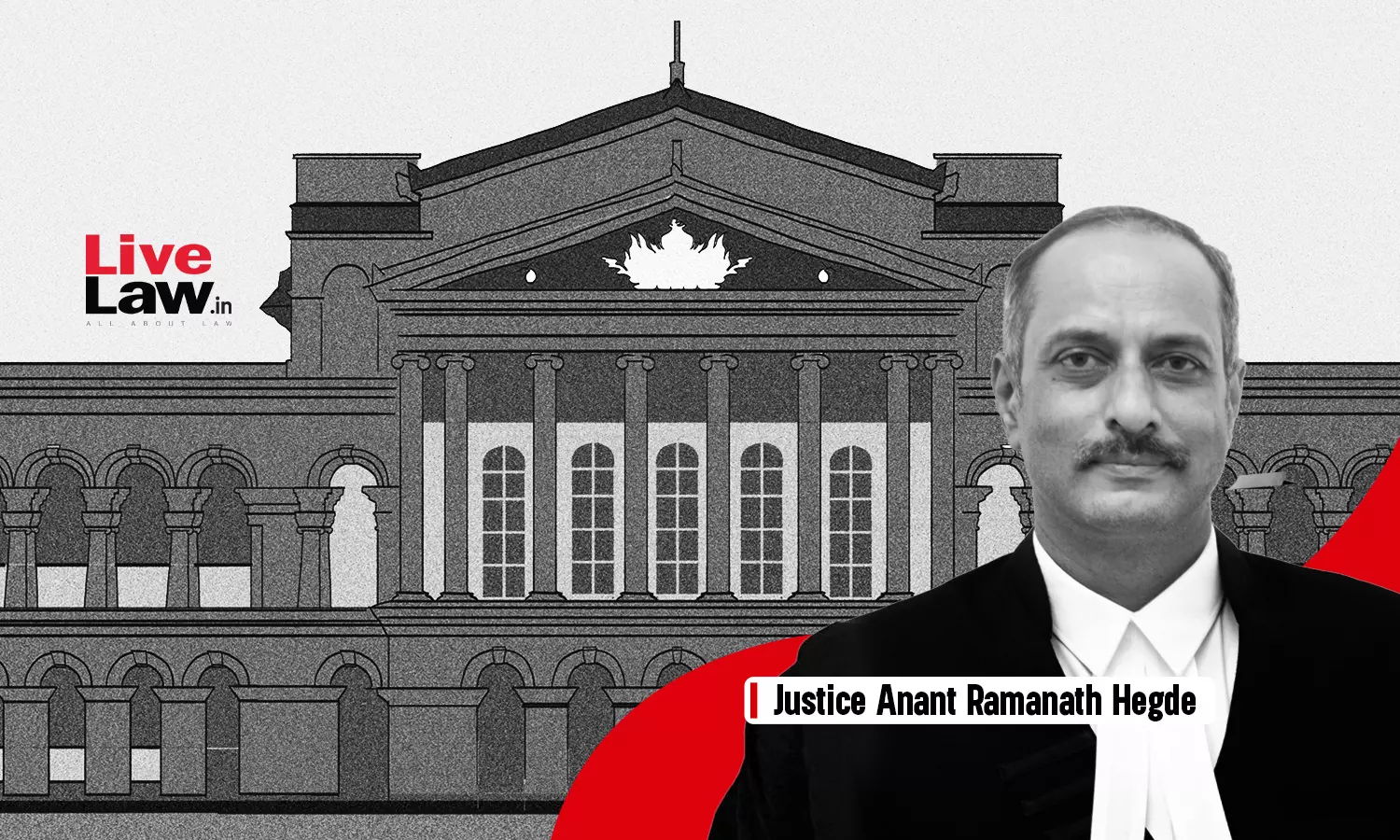
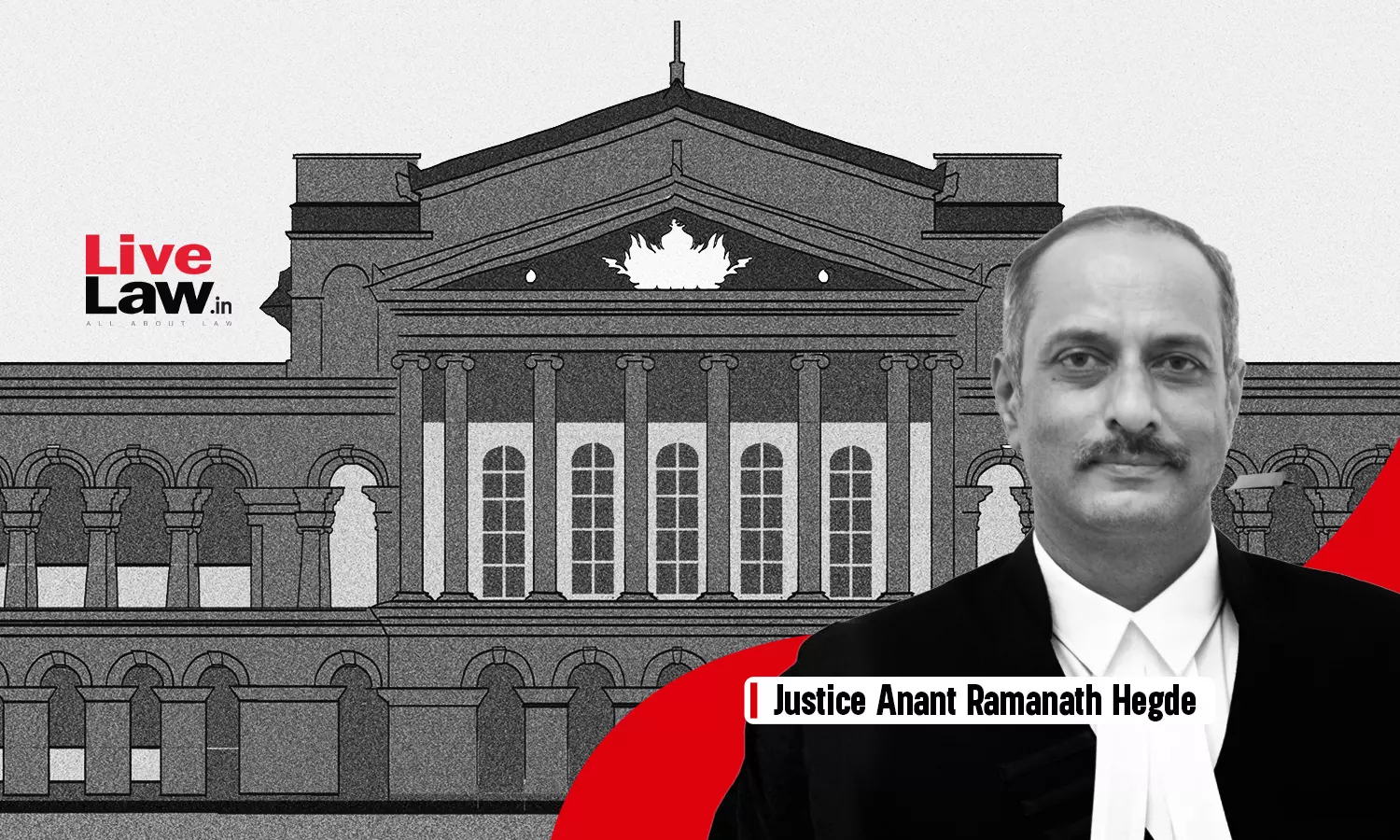
The Karnataka High Court has declared Section 3(1) of the Karnataka Electricity (Taxation on Consumption) Act, 1959, as amended by Act No.7 of 2003 and Act 40 No.5 of 2004, imposing tax on “minimum tariff” electricity charges, as unconstitutional.
Justice Anant Ramanath Hegde has also held that “Supply of electricity to the consumer to ensure availability of electricity for consumption, does not amount to consumption or sale, unless the electricity consumed by the consumer and the State has no legislative competence under Entry No.53, List II of Seventh Schedule to the Constitution of India to levy tax on minimum tariff. The State is competent to levy tax under Entry No.53, List II of Seventh Schedule only on actual consumption or sale of electricity.”
Further, it clarified that a petition challenging the constitutional validity of a provision ipso facto does not become infructuous if the provisions under challenge are amended or omitted during the pendency of the petition. Whether such a petition becomes infructuous or not depends on the nature of relief sought and consequences suffered under the provisions questioned, which are to be decided on the facts and circumstances obtained in such a case.”
It added, “It is made clear that only the tax on ‘minimum tariff’ is held unconstitutional and not the tax collected on the consumption of electricity.”
The bench held thus while allowing the petitions filed by M/s Sona Synthetics & Others. The petitioners had challenged Section 3(1) of the Karnataka Electricity (Taxation on Consumption) Act, 1959 as amended, which enabled the state to impose ad-valorem tax @ 5% on the ‘electricity charges’ payable by all the consumers except the consumers under the Agricultural (Irrigation Pump sets up to an exclusive of 10 horsepower) Bhagya Jyoti and Kutira Jyoti categories.
The petitioners’ primary contention was that the State government lacked legislative competence to impose a tax on the energy which is not consumed by the petitioners. The State’s power to legislate on taxation on electricity is traceable only to Entry No. 53 in List II of Seventh Schedule. Under the said entry, the State can impose tax only on the energy consumed, but not on the energy supplied, is the contention.
The government advocate opposed the plea, submitting that the writ petitions are rendered infructuous in view of the amendment to the provisions under challenge. The provisions are intra vires and the State has the legislative competence to impose tax on the supply of electricity and the charges levied on it. It is also urged that there is a presumption in favour of the constitutional validity of a provision, and no case is made out to rebut the said presumption.
Furthermore, even if the provisions are held to be unconstitutional, the petitioners are not entitled to claim a refund of the tax alleged to have been paid by them, as the petitioners have not pleaded that they have not passed on the tax liability to their customers.
Findings:
The court noted that the liability to pay tax under the original provision before the 2003 amendment was on the energy consumed, whereas under the amended provisions of 2003 and 2004, the liability to pay tax was on the electricity charges, which also included the ‘minimum tariff’ levied for the supply of electricity.
The bench then referred to Entry No.53 in List II and Entry No.38 in List III of the Seventh Schedule under the Constitution and said “Entry No.38 does not enable the State to pass a law on taxation in connection with the consumption and sale of electricity. The law on taxation on electricity is authorised only in Entry No.53 of List II of the Seventh Schedule. If the makers of the constitution intended to cover all aspects, including taxation on consumption and sale of electricity in List III (Concurrent list) of the seventh schedule, there was no need to have taxation on consumption and sale of electricity in List II of the Seventh schedule.”
Emphasising that any interpretation to hold that the expression ‘Electricity’ appearing in Entry No.38 in List III includes taxation on consumption or sale of electricity will render Entry No.53 in List II otiose.
The court held “This Court is of the view that Entry No.38 in List III enables the State to legislate on electricity, except the taxation on consumption of and sale of electricity, and the State’s legislative power to impose tax on electricity is traceable only under Entry No.53 in List II and such power is confined only on consumption and sale of electricity.”
Stating that “If the consumer is taxed on the ‘minimum tariff’ charged for the supply of electricity for ensuring constant supply for consumption of electricity at any given point of time, then it amounts to taxation on electricity which is not yet sold but only agreed to be sold.”
The court said, “Entry No.53 in List-II of Seventh Schedule does not enable the State to enact law to impose tax when the electricity is not sold but agreed to be sold, where the actual sale does not take place. Thus, the State lacks legislative competence to impose a tax on electricity charges, which includes the minimum tariffs on electricity supplied but not sold. Thus, impugned provisions amount to a colourable exercise of legislative power.”
Appearance: Advocate M S Raghavendra Prasad for Petitioners.
AGA Rajkumar M for R1 TO R3.
Advocate H V Devaraju for R4 TO R6.
Citation No: 2025 LiveLaw (Kar) 214
Case Title: M/s Sona Synthetics & Others AND State of Karnataka & Others
Case No: WRIT PETITION NO.3935 OF 2008 (GM-KEB) C/W WRIT PETITION NO.1644 OF 2009.

